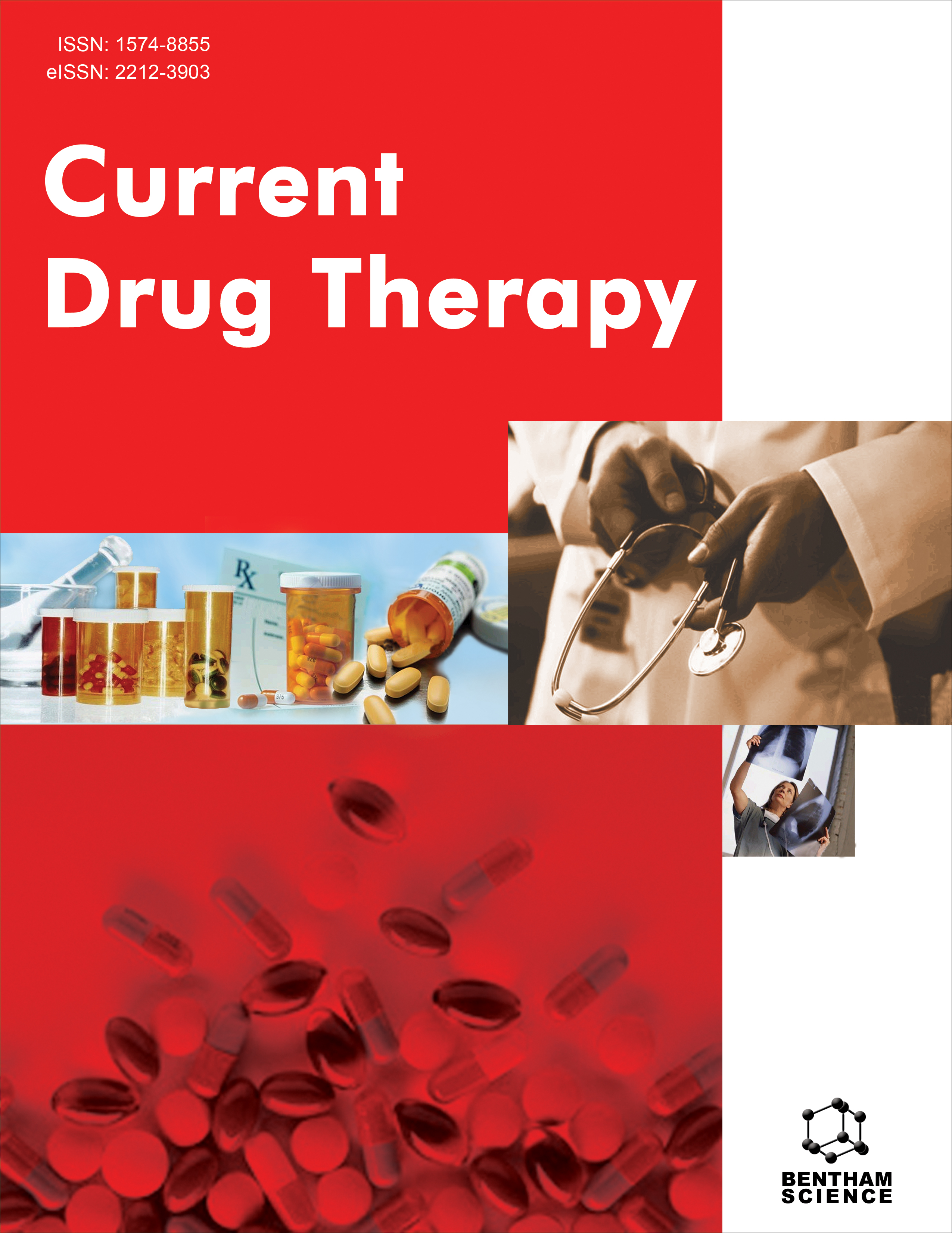-
oa Incretin-Based Therapies in Patients with Type 2 Diabetes
- Source: Current Drug Therapy, Volume 5, Issue 2, May 2010, p. 75 - 85
-
- 01 May 2010
Abstract
Type 2 diabetes mellitus (T2DM) is a highly prevalent and progressive metabolic disease associated with significant morbidity and mortality. While glycemic control remains the cornerstone of disease treatment, successful T2DM management requires consideration of several comorbid risk factors including overweight/obesity, dyslipidemia, and hypertension. Early and aggressive treatment of patients with T2DM should be implemented to slow disease progression and prevent long-term complications. This necessitates the selection of antidiabetes agents that effectively lower hyperglycemia and target the other fundamental defects of T2DM. Treatment regimens should be individualized according to patient profiles and risk factors. This is especially germane for overweight/obese patients with T2DM, who have an even higher risk for complications. Several newer antidiabetes agents, in particular, incretin-based therapies, target the underlying defects of T2DM, provide glycemic control with beneficial effects on cardiovascular risk factors including lipids and blood pressure while avoiding weight gain. These represent important therapeutic options for the management of patients with T2DM.


